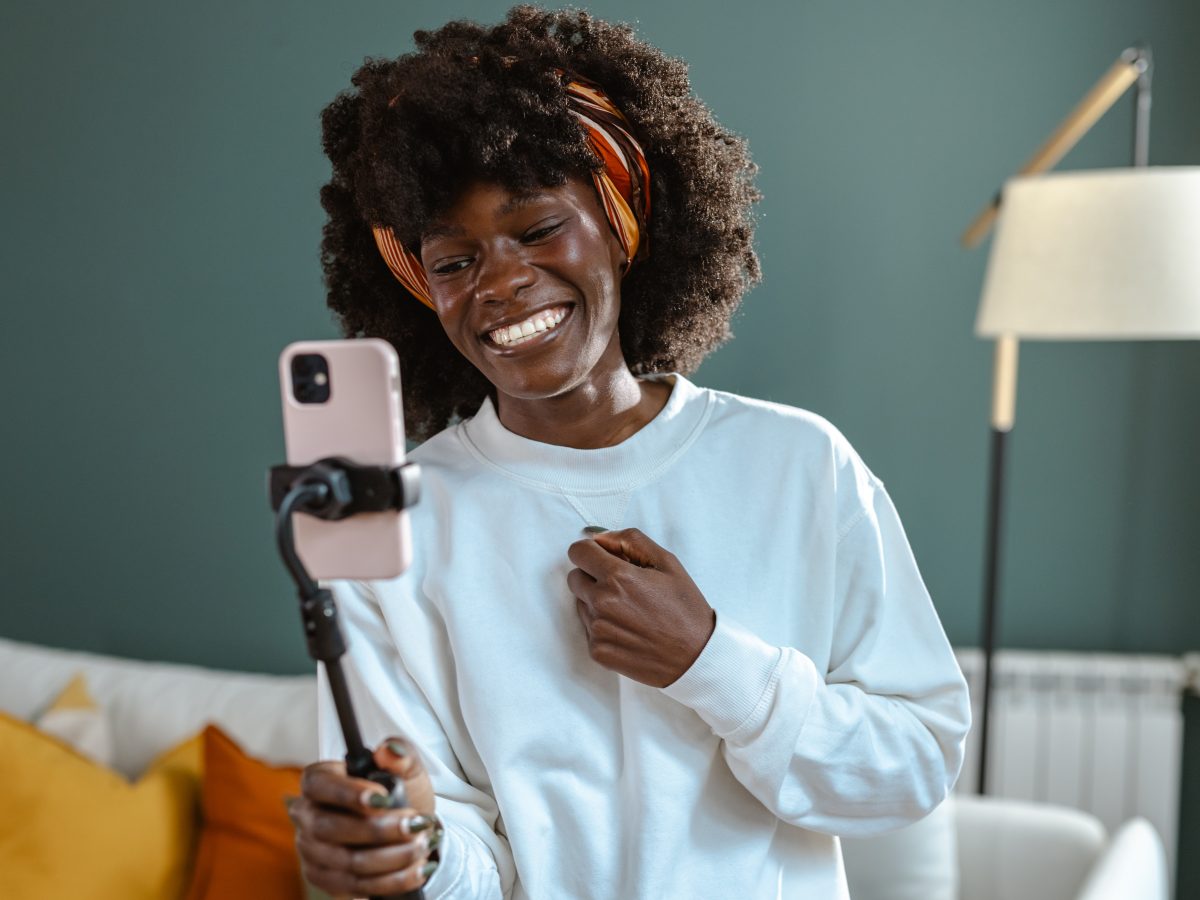
January may represent a fresh start for some, but for many online users and advocates, it’s a time of unease. The discourse around a potential TikTok ban has intensified, with creators bracing for what’s to come. The app, which boasts 170 million active users in the U.S., has become a haven for several generations. It’s also a lucrative source of income for countless content creators. This proposed ban is part of a broader debate about global technological advancements, internet governance, and the scrutiny surrounding issues like digital innovation, data management, and privacy concerns.
TikTok has also played a key role in supporting small businesses, with over 7 million active companies on the platform. The TikTok Shop marketplace generates more than $5 million in daily product sales and has contributed over $20 billion to the U.S. economy. This has left many wondering whether a potential ban could end an era defined by viral trends, catchy phrases, popular songs, thriving businesses, and influential content creators.
In December, reports revealed that former President Donald Trump requested the Supreme Court pause the potential TikTok ban until his administration could seek a “political resolution.” This followed conflicting briefs from TikTok and the Biden administration. Trump’s appointed solicitor general, D. John Sauer, argued against the ban, advocating for a political resolution after Trump’s potential return to office.
“President Trump takes no position on the underlying merits of this dispute,” the amicus brief stated. “Instead, he respectfully requests that the Court consider staying the Act’s January 19, 2025, deadline for divestment while it considers the merits of the case.”
Meanwhile, a panel of three federal judges from the U.S. Court of Appeals for the District of Columbia Circuit ruled in December to continue with the process of potentially banning the app. In response, TikTok has appealed to the Supreme Court. Oral arguments are set for January 10, focusing on whether the law requiring TikTok to sever ties with its China-based parent company, ByteDance, violates the First Amendment by unlawfully restricting speech.
If the Supreme Court rules against TikTok, the company has stated it will shut down its U.S. platform by January 19, forcing content creators to reconsider their futures in the creative industry. While the future of TikTok hangs in the balance, the court could swiftly block the law if at least five of the nine justices determine it to be unconstitutional. A Goldman Sachs report suggests the creator economy, including TikTok’s influence, could be worth $480 billion by 2027—an estimate that could be disrupted by the ban.
As the deadline approaches, many creators have voiced their concerns, urging followers to connect with them on other platforms. If the Supreme Court does not intervene, app stores will likely be required to stop offering TikTok, making it inaccessible to new users. TikTok’s court filings estimate that even a temporary shutdown could cause irreparable harm, including the loss of up to one-third of its daily users.
As the world braces for the potential end of TikTok’s influential era, we must stay hopeful. This is a moment to exercise our freedom of speech and support content creators who have brought joy through their creativity. While the future of TikTok remains uncertain, the creative landscape will undoubtedly continue to evolve, taking us along for the ride.